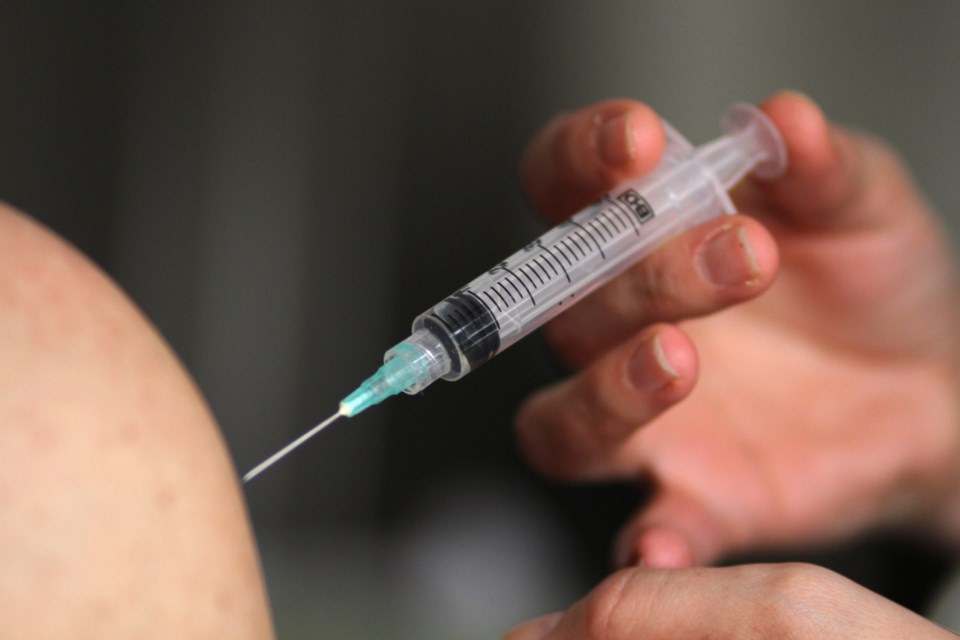Getting a flu shot can help ensure our hospitals are able to care for patients seriously ill with COVID-19 as the second wave of cases hits the community, says York Region’s medical officer of health.
“By getting the flu shot, we will be reducing the number of flu-associated hospitalizations and so keeping health-care capacity available for COVID-related cases,” said Dr. Karim Kurji in a video update today.
Hospital occupancy levels are rising quickly in Ontario and the majority of the stand-by capacity created at the onset of the pandemic last spring has already been filled, Ontario Hospital Association president and CEO Anthony Dale said in a statement last week urging the province bring back stage 2 restrictions to Toronto, all GTA regions and Ottawa.
“In addition, we will be reducing the burden on the testing system, as it is often difficult to distinguish between flu and COVID-19,” Kurji added.
Today, Ontario reported a backlog of 68,006 tests awaiting results, with more than 38,000 new tests processed Oct. 4. In York Region, record numbers, above 15,000 last week alone, are also being processed.
Some symptoms of influenza that are similar to those for COVID include fever, cough, sore throat, fatigue, aches and pains and loss of appetite.
COVID is much more deadly than the flu, but the flu can be serious and even kill, health experts say. It’s especially dangerous for the very old, very young, and individuals with medical conditions such as asthma and weakened immune systems.
Getting the flu vaccine won’t protect against the coronavirus, only the flu. However, getting the flu could make you more vulnerable to other viruses like COVID.
In the first wave of COVID-19 cases, particularly in long-term care facilities, many flu-related outbreaks led to COVID-19 outbreaks, Kurji said.
Health Minister Christine Elliott has warned that the second wave will be “more complicated and more difficult” than the first in part because of the approaching flu season.
While the vaccine has not yet been released — the province has not provided a date — it will be available at physician offices, pharmacies (for individuals five years or older) and public clinics at no cost, likely by mid-October.
It takes two weeks before the flu vaccine boosts your immunity, so the sooner you get it, the better.
York Region Public Health is considering holding drive-thru flu immunization clinics or mass flu immunization clinics as a pilot project for providing COVID-19 vaccines when they become available, Dr. Kurji said.
Everyone over the age of six months is encouraged to get their flu shots, Kurji said.
Interest in flu immunization has already spiked this year, according to a report by independent pharmacy chain Pharmasave.
Of 7,000 people surveyed in Ontario and Atlantic Canada, 86 per cent said they planned to get a flu shot this year, compared to 78 per cent who said they were immunized last year.
“Based on the survey, as well as the surge of inquiries our pharmacies are receiving on a daily basis, it’s clear that there’s a collective uneasiness among Canadians about their health as we head into the colder weather,” said Jaspreet Chager, senior manager, pharmacy innovation of Pharmasave East.
“In fact, more than half (56 per cent) of those surveyed who said COVID-19 has affected their flu shot decision said they’re feeling more nervous about getting sick this year, so they plan to get vaccinated,” she said.
Pharmacies are likely to implement additional procedures for this year’s flu shots, such as requiring appointments and consent forms.
